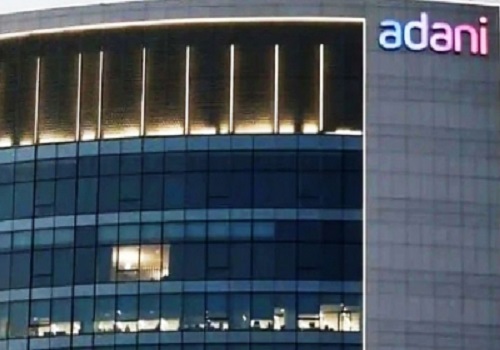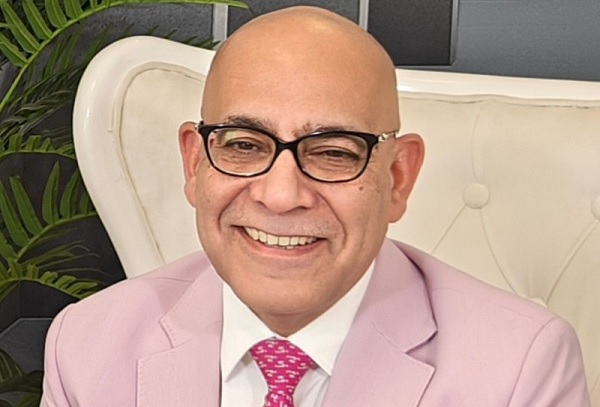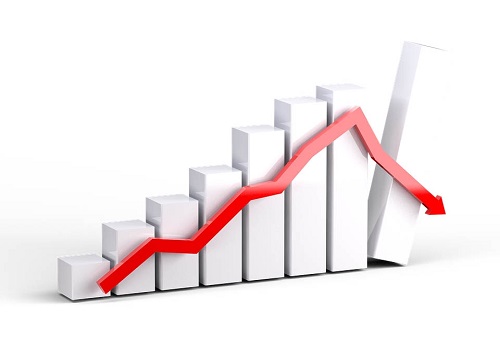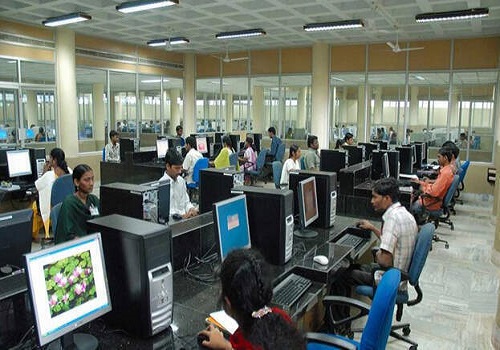Indian stock market settles in green amid hopes for potential India-US trade deal

After witnessing a highly volatile session, the Indian stock market ended in green on Friday amid value buying in IT and banking stocks as talks progressed on the interim India-US trade deal.
Touching an intra-day low at 83,015, the Sensex bounced back to end at 83,432.89, up 193.42 points or 0.23 per cent against the last session's closing of 83,239.47. Similarly, Nifty closed 0.22 per cent or 55.70 points higher at 25,461.
"The Indian market is experiencing a pause as investors adopt a wait-and-watch strategy ahead of the impending US tariff deadline with mixed global cues," said Vinod Nair, Head of Research, Geojit Investments Limited.
Both the benchmark indices traded with volatility amid mixed global cues and investors' cautious approach ahead of the US tariff deadline.
Among Sensex stocks, Bajaj Finance, Infosys, Hindustan Unilever, HCL, Ultratech Cement, Bajaj Finserv and TCS closed in positive territory. While Sun Pharma, ITC, Tata Motors, Asian Paints, Mahindra and Mahindra and Maruti Suzuki settled in red.
Meanwhile, 31 stocks inched high and 19 closed in red from the Nifty index.
Nifty IT (0.80), Bank Nifty (0.42 per cent) and Nifty Fin Service (0.49 per cent) closed with decent gains among broader indices. Nifty midcap 100 and Nifty smallcap100 closed flat.
According to analysts, markets remained volatile for yet another session and ended on a flat note.
“The tone was negative in the first half; however, a decent recovery in heavyweight stocks pared all the losses as the day progressed, helping the index close near the day’s high at the 25,461 level," said Ajit Mishra – SVP, Research, Religare Broking Ltd.
Ongoing FII outflows reflect a risk-off approach, while DII inflows are offering partial support, said market experts.
Following the recent rally, main indices are hovering near peak valuation levels, limiting further upside, which is highly dependent on Q1 earnings and details of the trade deal.
In the mid-and small-cap space, the market has shifted to being more stock-specific following the recent recovery," said Nair.























